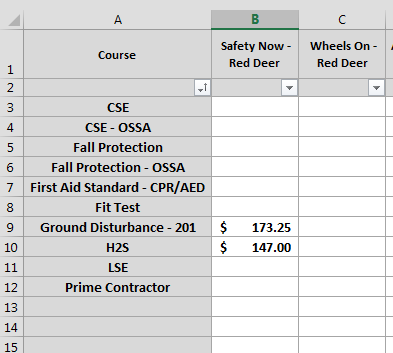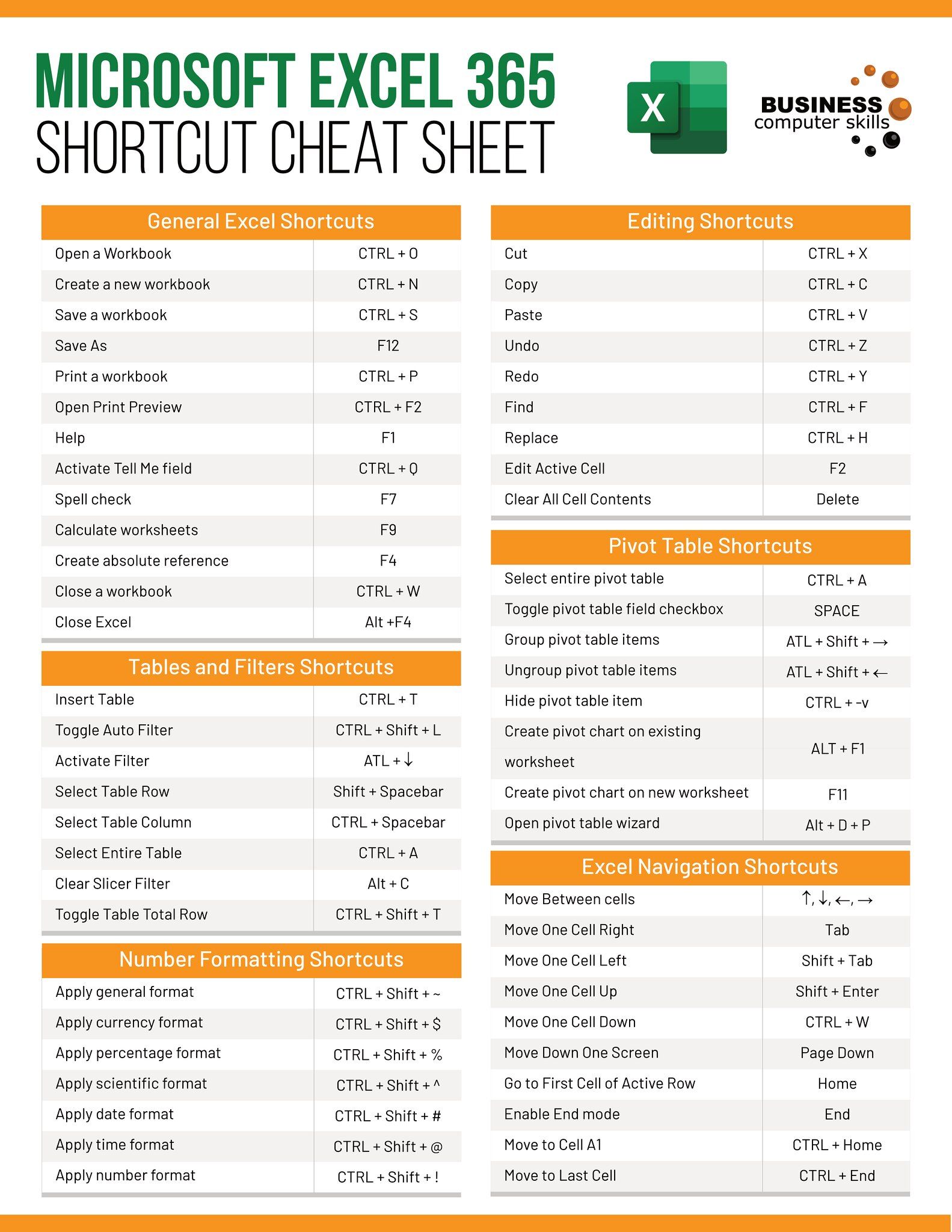When Do You Deliver HOA Paperwork to Buyers?

When selling a property in a community governed by a Homeowners Association (HOA), understanding when and how to deliver HOA paperwork to prospective buyers is crucial. This documentation ensures buyers are informed about the community's rules, regulations, and financial health, which can significantly impact their decision to purchase. Here's a comprehensive guide on managing HOA documents for buyers.
The Importance of HOA Documentation

HOA documents are not just paperwork; they are the legal backbone of community governance. They include the:
- Covenants, Conditions & Restrictions (CC&Rs): Define the community’s rules and regulations.
- Bylaws: Outline the HOA’s operational framework.
- Budget and Financial Statements: Show the community’s financial health.
- Meeting Minutes: Reflect past decisions and issues discussed.
- Architectural Guidelines: Governing property modifications.
Providing these documents early and accurately to buyers helps set clear expectations regarding their obligations and rights within the community. This transparency fosters trust and can prevent future disputes.
When to Deliver HOA Documents

The timing of delivering HOA paperwork can significantly impact the sales process:
- Pre-listing Phase: Informative documents can be provided to help buyers understand community expectations before listing.
- During Offer: Sellers must provide or disclose the availability of these documents once an offer is made, facilitating due diligence.
- Prior to Closing: Ensure all necessary HOA documents are delivered or accessible before closing.
Here’s a detailed breakdown of when you should deliver specific documents:
| Document Type | When to Deliver |
|---|---|
| CC&Rs | During the offer stage or upon request |
| Bylaws | When offering the property |
| Financial Reports | Prior to closing |
| Meeting Minutes | Upon buyer’s request or during due diligence |
| Architectural Guidelines | During the offer or prior to closing |

How to Organize and Present HOA Paperwork

To facilitate a smooth transaction, organize HOA paperwork as follows:
- Create a Digital Folder: Include all documents in an accessible, digital format.
- Provide a Physical Binder: Some buyers might prefer physical copies.
- Use a Checklist: Ensure all required documents are included.
- Highlight Key Points: Use summaries or bullet points for quick reference.
🏗️ Note: Organize documents to reflect the buyers' needs, making their review process easier.
Legal Requirements for HOA Document Disclosure

State and local laws might mandate specific disclosure periods and formats:
- In some areas, sellers must provide a summary of the HOA’s financial status.
- Others require full disclosure of documents within a certain period.
- Laws might also specify penalties for non-compliance or delay in delivery.
⚖️ Note: Always consult local real estate regulations to ensure compliance.
Managing Buyers’ HOA Document Review

Assist buyers in their due diligence with these steps:
- Encourage them to read the CC&Rs, bylaws, and other critical documents.
- Highlight any assessments, dues, or upcoming changes.
- Advise on obtaining a resale certificate, which provides a current overview of HOA-related information.
- Provide contacts for the HOA management or board for direct inquiries.
- Help buyers understand potential restrictions on property usage.
Addressing Common HOA Document Concerns

Buyers often have questions or concerns regarding HOA documents:
- Clarify if there are any upcoming special assessments.
- Address disputes or legal issues within the community.
- Ensure transparency about the reserve fund status.
- Discuss the impact of HOA rules on personal property modifications.
In the final stages of the transaction, reviewing these documents together can be an invaluable step. It's an opportunity to clarify any remaining questions, explain the documents' implications, and ensure the buyer is fully aware of their future responsibilities and community restrictions.
What are the most crucial HOA documents for buyers?

+
The most important documents for buyers to review include the CC&Rs, HOA bylaws, financial reports, and any architectural guidelines, as these directly impact their living experience and financial obligations.
How can buyers verify the financial health of the HOA?

+
Buyers should request and review financial statements, reserve fund status, and any notices of special assessments to get an idea of the HOA's financial stability.
What happens if HOA documents are not provided on time?

+
Depending on local laws, there might be penalties for sellers or the transaction could face delays. Buyers could also use non-delivery as a reason to back out of the contract without penalty.
Understanding when to deliver HOA documents is essential for a smooth and transparent real estate transaction. As outlined, the key steps involve timely delivery, organization, and clear communication regarding HOA policies, financial status, and any potential restrictions. By addressing these aspects early in the process, sellers can foster a trusting environment where buyers feel well-informed and confident in their decision. With the detailed guide provided, both parties can navigate the complexities of HOA governance with ease, ensuring a successful property transfer.



